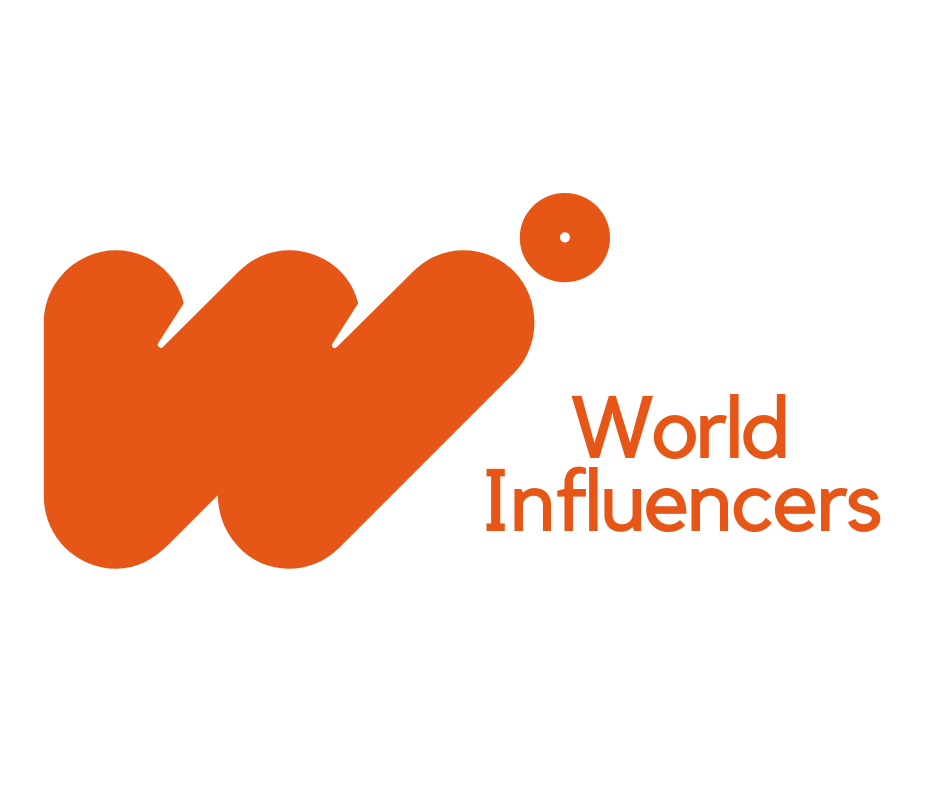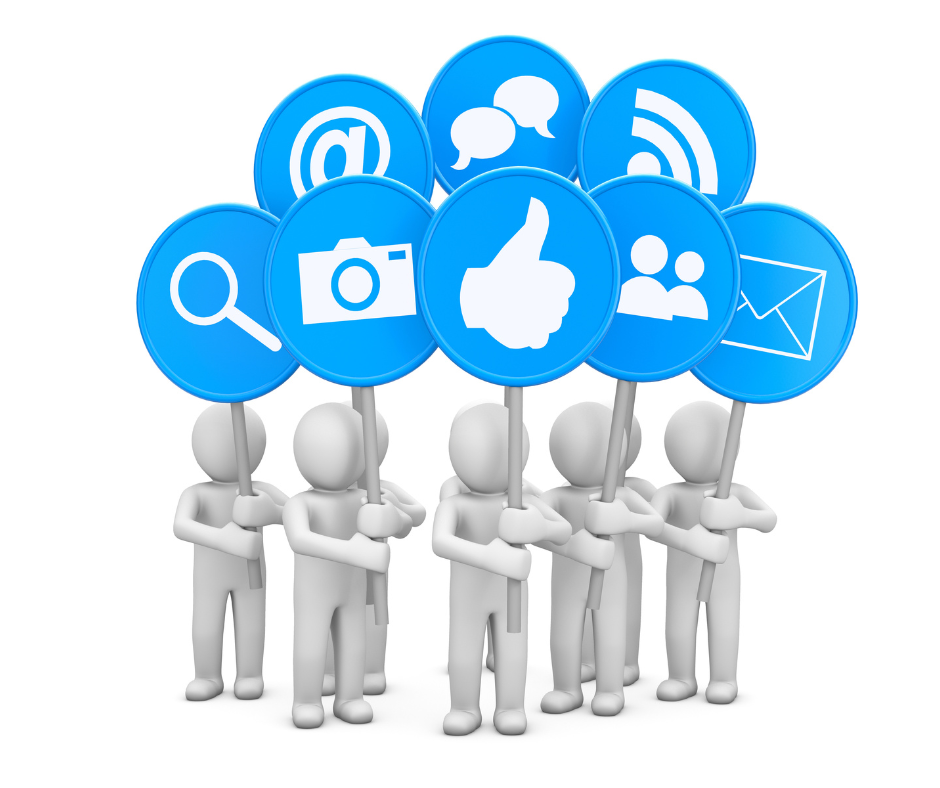Why Now Is the Time to Rethink How Social Media Shapes Our Lives
In a hyper-connected world, social media is no longer just a tool—it is a force, shaping how we think, behave, interact, and even vote. From morning news scrolls to late-night content binges, social media is embedded in our daily existence. It has revolutionized communication, empowered movements, and democratized information, but it has also unleashed a set of challenges that demand urgent attention.
The question is not whether social media is good or bad—
The question is: How consciously are we engaging with it?
This is not just a casual conversation anymore—this is a wake-up call.
The Profound Effects of Social Media on Our Society
1. Transformation of Communication
Social media has broken down barriers—distance, language, class, and even power. Anyone with an internet connection has a voice, a platform, and a potential global audience. But the speed and ease of digital communication come at a cost. We’re now flooded with information—not all of it truthful, not all of it safe.
2. Impact on Mental Health
The rise of anxiety, depression, loneliness, and self-esteem issues has been linked to unrealistic portrayals of life online. Comparison culture, cyberbullying, and digital fatigue are very real. Social media doesn’t just connect people—it often distorts their reality.
3. Influence on Politics and Public Opinion
From election campaigns to social justice protests, social media has become a powerful political tool. It can mobilize communities in moments, but it can also spread misinformation, polarize opinions, and manipulate public sentiment.
Advantages of Social Media: What We Must Acknowledge
Despite the challenges, social media offers remarkable benefits when used with intention and awareness.
1. Global Connectivity
Social media brings the world closer. Families reconnect, businesses expand, friendships blossom across borders. It provides a lifeline of human connection, especially during crises like the COVID-19 pandemic.
2. Empowerment and Expression
Voices that were once silenced—especially those from marginalized communities—can now be heard. Social media levels the playing field, offering opportunities for activism, storytelling, education, and creativity.
3. Business Growth and Opportunities
Social media is a game-changer for entrepreneurs. With the right strategy, anyone can build a brand, reach target audiences, and grow globally without traditional barriers. Digital marketing, influencer outreach, and content creation are reshaping how business is done.
4. Access to Real-Time Information
Whether it’s breaking news, health tips, or live updates, social media offers immediate access to information, empowering people to stay informed, make decisions, and engage with the world.
Disadvantages of Social Media: The Hidden Dangers We Ignore
1. Digital Addiction
Social media is designed to be addictive. Endless scrolling, notifications, likes, and comments trigger dopamine spikes that keep users coming back. The result? Reduced productivity, sleep disorders, and mental fatigue.
2. Privacy and Data Exploitation
Every click, share, and search is tracked. Our data is bought, sold, and used to influence our decisions, purchases, and even political views. We’ve traded convenience for surveillance, often without realizing it.
3. Misinformation and Fake News
Social media platforms are breeding grounds for false information and conspiracy theories. Algorithms amplify sensationalism, not truth, leading to public confusion, distrust, and in extreme cases—violence.
4. Decline in Real Human Interaction
While we’re more connected than ever, we’re also more isolated. Online communication can never replace the richness of face-to-face relationships. Emotional disconnect is becoming a silent epidemic.
The Urgency to Act: What Can We Do Today?
If you’re reading this, you are part of the digital age, and your engagement with social media shapes the world around you. It’s no longer enough to be a passive user. We must become responsible digital citizens.
1. Educate Yourself and Others
Understand how algorithms work, how your data is used, and how to spot misinformation. Knowledge is your first defense.
2. Set Boundaries
Define healthy limits for social media use. Turn off unnecessary notifications. Prioritize quality over quantity in your online interactions. Take control of your time before it controls you.
3. Use Platforms with Purpose
Follow accounts that inspire, inform, and add value to your life. Unfollow negativity. Be intentional. Share content that uplifts, not divides.
4. Advocate for Ethical Tech
Support policies and platforms that promote transparency, user privacy, and mental well-being. Demand better from tech giants. Silence is complicity.
Final Thoughts: Social Media Is a Mirror—What Do You See?
Social media reflects who we are and what we value. It’s a mirror of our collective consciousness. If it seems toxic, perhaps we need to reevaluate what we’re putting into it. If it feels overwhelming, perhaps we need to step back and reclaim our space.
This is not just a digital issue. This is a societal revolution.
Will we allow social media to define us—or will we define how we use it?
The time to think, question, and act is now.
Let’s shape a future where technology serves humanity—not the other way around.
Be aware. Be intentional. Be the change

